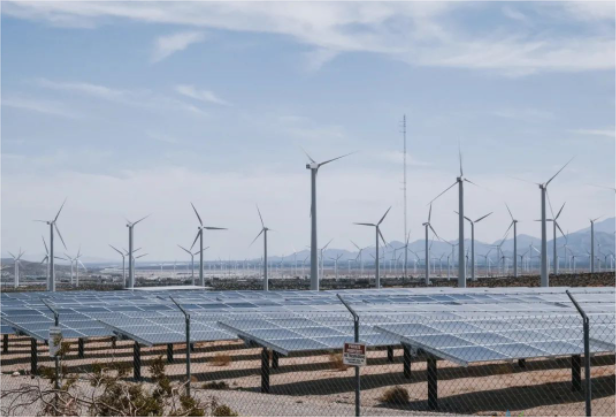 This article will teach you about renewable energy
This article will teach you about renewable energy
Sep 16, 2024
In recent years, with the growing awareness of climate change, the international community has actively sought to achieve a win-win situation between the economy and the environment to reduce environmental pollution and reduce carbon emissions. In this context, renewable energy has become a sustainable energy solution, including photovoltaics, wind power, hydropower, geothermal energy and biomass energy. Compared with non-renewable and limited resources such as fossil fuels and coal, nature continuously produces renewable energy, and its replenishment rate is much higher than the consumption rate, which is more environmentally friendly. Therefore, renewable energy has become a focus of today's society and is regarded by various countries as an important carbon reduction development project.
One of the most well-known renewable energy sources is photovoltaics. Photovoltaics uses photovoltaic panels to capture and then convert it into electrical energy. In recent years, the price of photovoltaic panels has continued to decline and the technical maturity has continued to improve, making photovoltaic power generation systems more and more accessible and can be used to power homes, businesses and even entire communities.
Another common renewable energy source is wind power. By setting up wind turbines, wind power causes the blades to rotate to generate kinetic energy, which is then converted into electricity. Wind energy is widely favored in the global energy industry. With the advancement of technology and the realization of economies of scale, the cost of wind power has gradually decreased. Many countries and regions have been able to produce wind power at competitive prices, making wind power generation a cost-effective energy option. In addition, wind resources are widely distributed around the world and can be developed in many regions, which can help non-oil mining countries reduce their dependence on imported energy and increase the stability of energy supply.
In addition, renewable energy also includes biomass energy and geothermal energy. Biomass energy is obtained from plant and animal debris, such as burning wood to generate heat. Geothermal energy converts geothermal heat into mechanical energy, and then converts mechanical energy into electrical energy.
In general, renewable energy has an important impact on achieving energy transformation and mitigating climate change, while also creating a sustainable future. With the continuous advancement of technology, policy support and market promotion, renewable energy will continue to develop rapidly and become an important force in dominating the future global energy system.
Read More
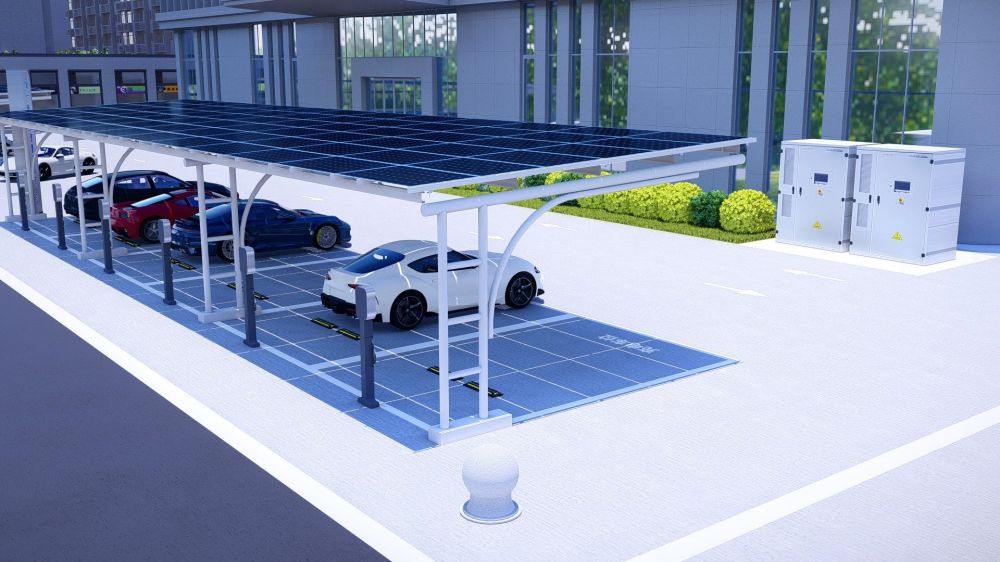 How to use wind and solar energy to charge electric cars
How to use wind and solar energy to charge electric cars
 Labor Day holiday notice
Labor Day holiday notice
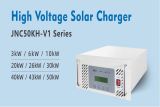 What is a high-voltage solar charger?
What is a high-voltage solar charger?
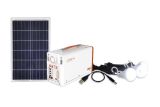 How to Choose a Portable Power Supply
How to Choose a Portable Power Supply
 2024 Chinese New Year Holiday Notice
2024 Chinese New Year Holiday Notice
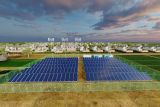 MICRO-GRID SYSTEM-Village level micro grid energy storage power station
MICRO-GRID SYSTEM-Village level micro grid energy storage power station
 Notice of New Year's Day Holiday in 2024
Notice of New Year's Day Holiday in 2024
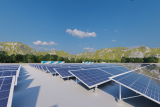 Why need an energy storage system?
Why need an energy storage system?
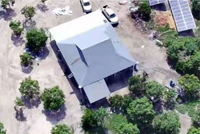 solar energy storage inverter and solar chargr
solar energy storage inverter and solar chargr
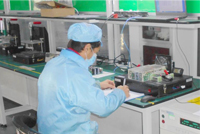 where we can use solar inverter
where we can use solar inverter
 This article will teach you about renewable energy
This article will teach you about renewable energy